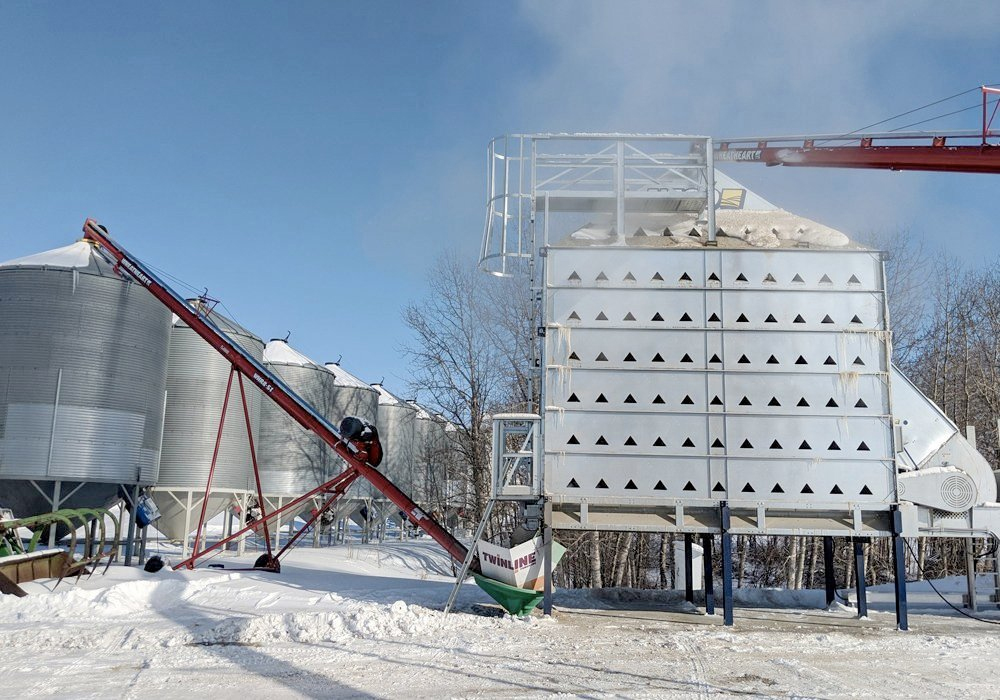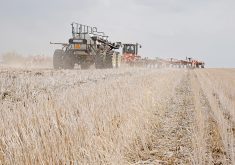The Canadian government taxes emissions from the burning of fossil fuels to motivate Canadian citizens and corporations to use less carbon-based energy sources and move toward greener energy alternatives.
As part of international climate agreements, the government promised this country would do its part to lower global carbon emission levels. Canada now looks to increase the tax on carbon progressively over the next decade by $20 per tonne until 2030, when it reaches $210 per tonne.
Reducing reliance on carbon-based energy such as gasoline, diesel, propane and natural gas may not be easy for Canadian farmers. They use carbon-based fuels for heating buildings, powering equipment and drying grain.
Read Also

High prices see cow-calf producers rushing to incorporate
Farm accountants are reporting a steady stream of cow-calf producers rushing to get their operations incorporated ahead of selling their calves this fall.
Additional taxes will increase input costs and can be a major concern for many Canadian farmers and ranchers.
While carbon tax exemptions exist for dyed fuels like gasoline and diesel, farmers still must pay carbon tax on many other inputs. Those with large livestock barns or who use fuels for grain drying now face significant cost increases because of the federal carbon tax.
Although the carbon tax is going up, Canadian farmers can find relief by adopting greener energy sources. While green energy technology can be expensive, programs and funding exist to aid in their adoption. One of these is the federal government’s $165 million Agriculture Clean Energy Fund. Within this program, $50 million has been allocated for purchase of energy efficient grain dryers.
The 2021 federal budget also includes an additional $200 million allotted for the adoption of farming practices and technologies that assist in reducing greenhouse gas emissions.
Any agriculture or agri-food operation can apply to the program through the two-stage process. The first stage is to verify that the proposed project aligns with the program’s priorities. The second stage is the full application for funding.
There are also many federal and provincial rebates and grants for implementing any form of green or renewable energy in the home or farming operations. They include:
- Zero-Emissions Vehicle Incentive: A $5,000 rebate is applied immediately when buying a zero-emission vehicle.
- Federal Green Homes Program: This program is for Canadian homeowners who make energy efficient upgrades to their home. They may be eligible to receive a grant up to $5,000 for the purchase and installation of such upgrades.
- Canadian renewable and conservation expense: This program allows for expenditures related to development of eligible clean energy generation and energy conservation projects to be deducted in full in the year the expenses were incurred. These expenses can also be carried forward indefinitely and used in future years.
- Federal Tax Incentive for clean energy environment: This federal tax incentive allows Canadian businesses to amortize the full cost of energy efficient and clean energy generation equipment immediately. In other words, users can expense the cost of acquiring, shipping and installing energy efficient or green energy generating equipment in the year the equipment is put into use. The immediate expensing can lower taxable income, thus reducing tax liability in that year.
If transitioning to greener energy sources is part of your farming goals, reach out to a trusted adviser to ensure that you take full advantage of the various grants.
Colin Miller is a chartered accountant and partner with KPMG’s tax practice in Lethbridge. Contact: colinmiller@kpmg.ca. He would like to thank Marden Litchfield and Kurt Krizsan of KPMG for their assistance with writing this article.















